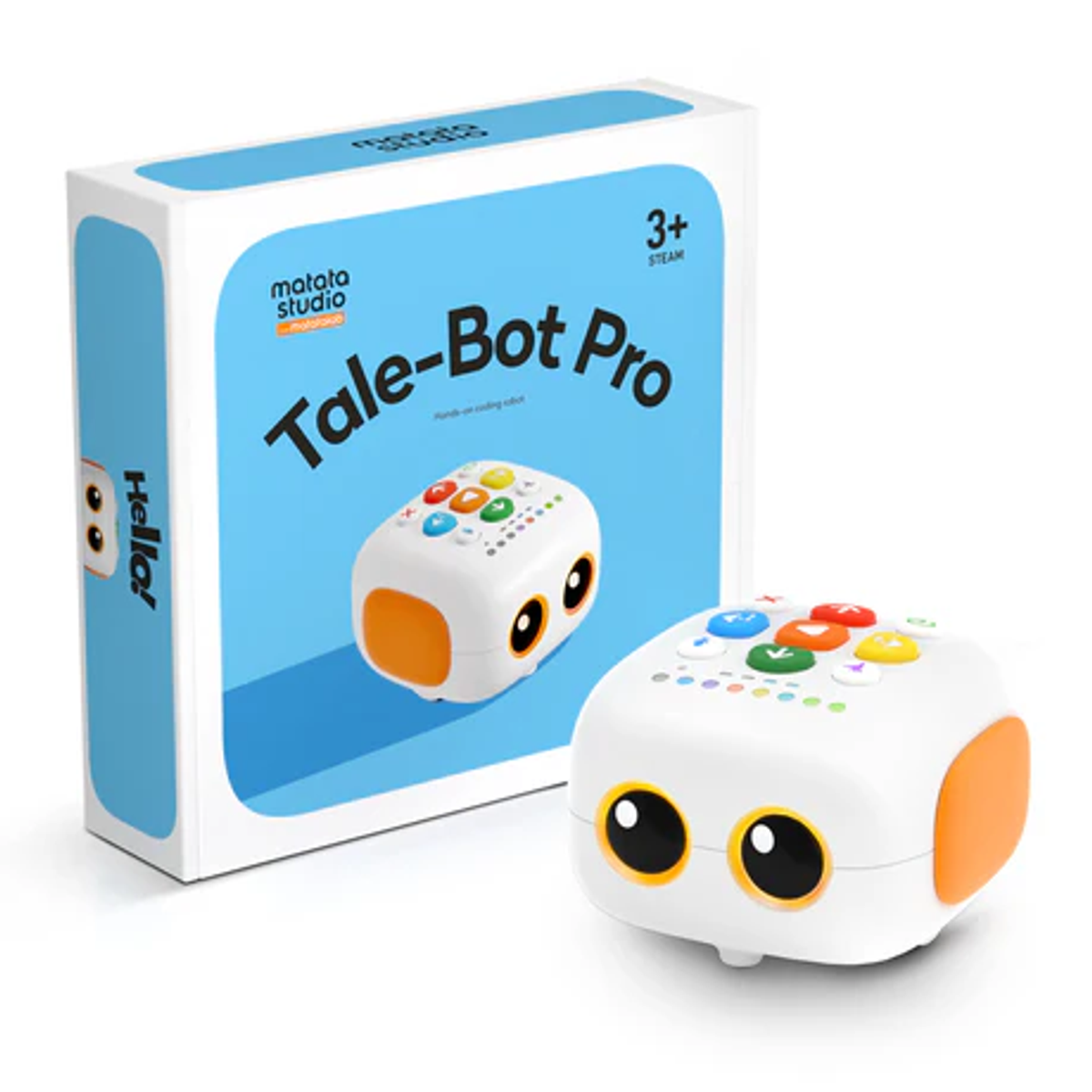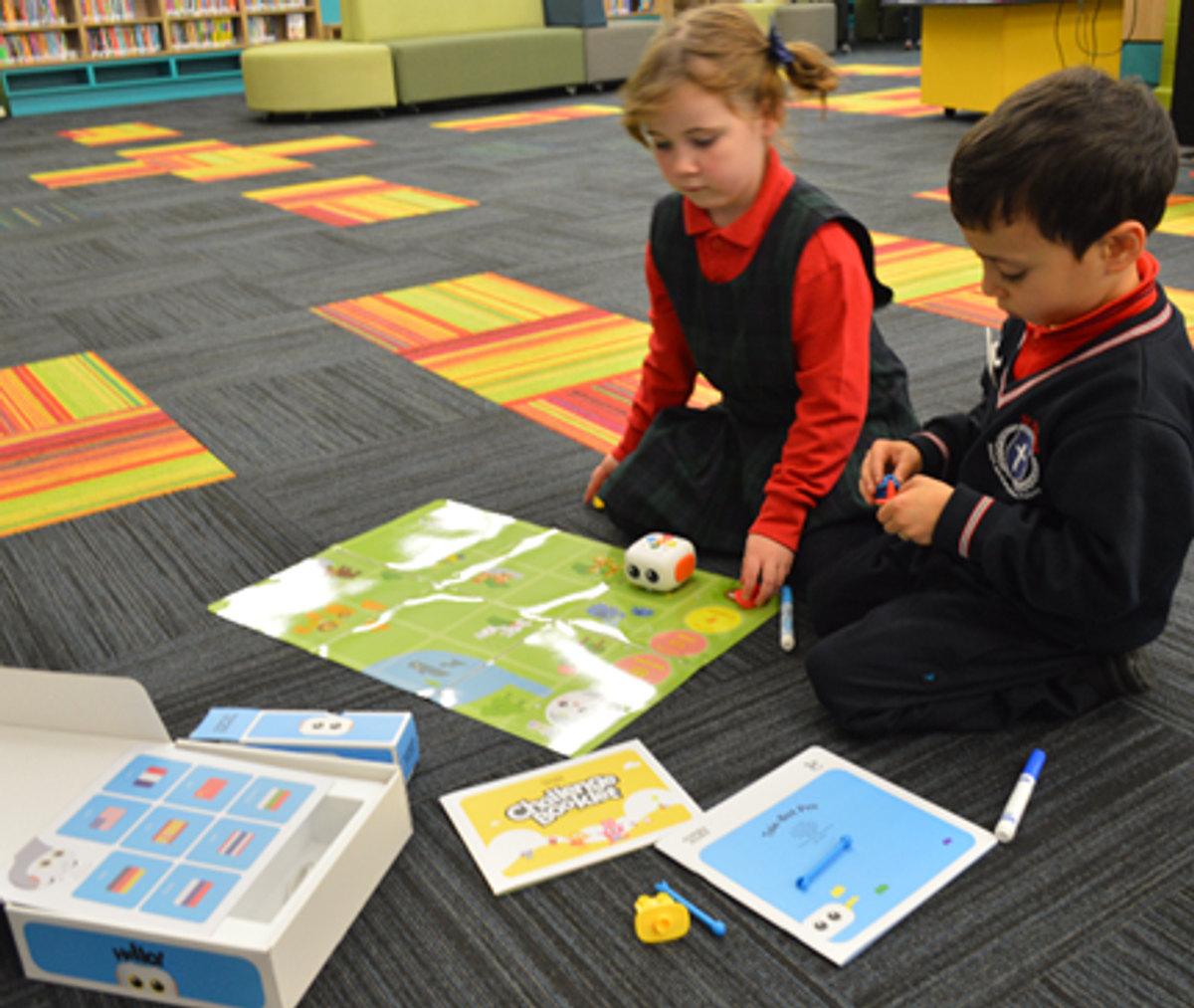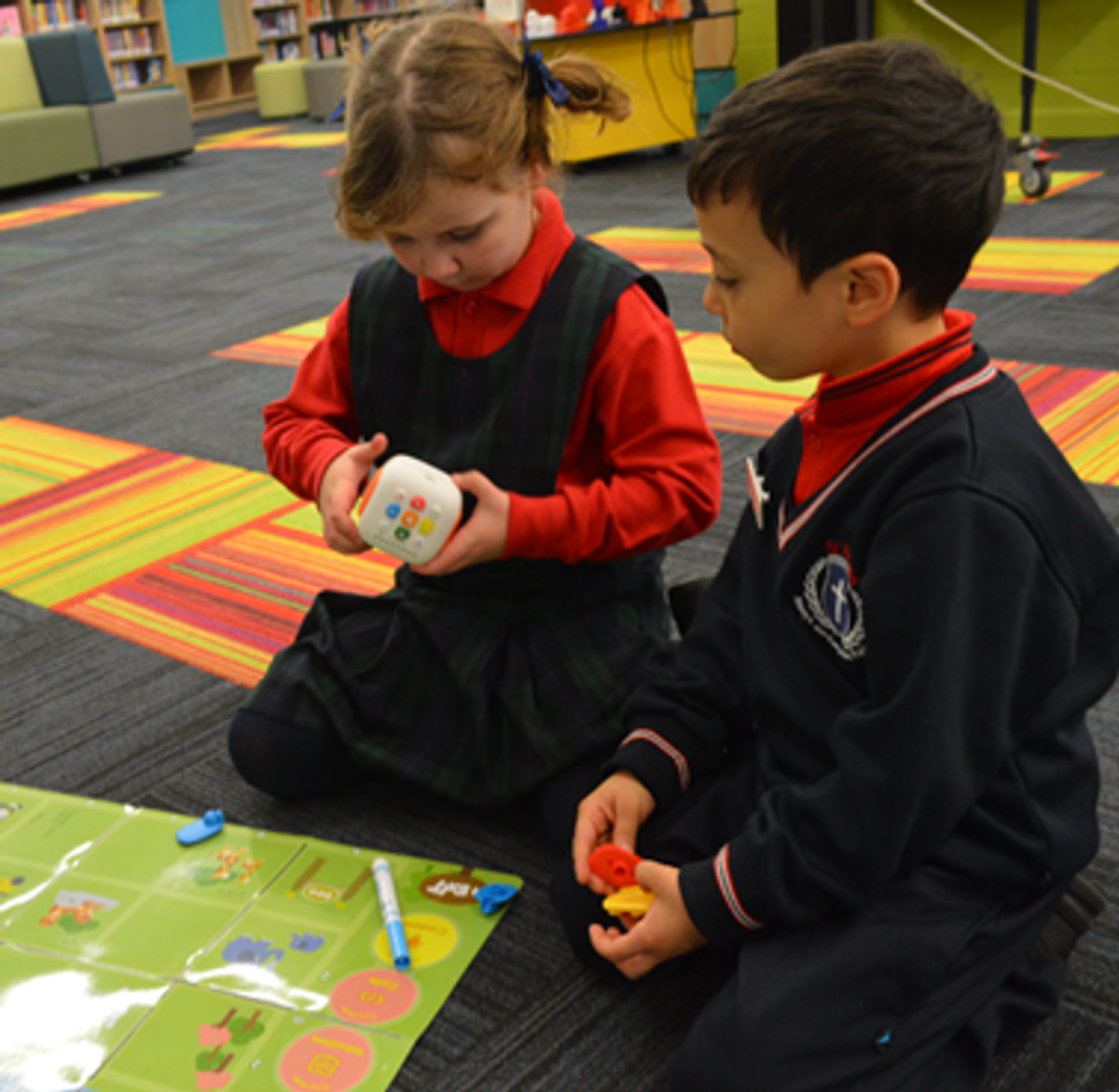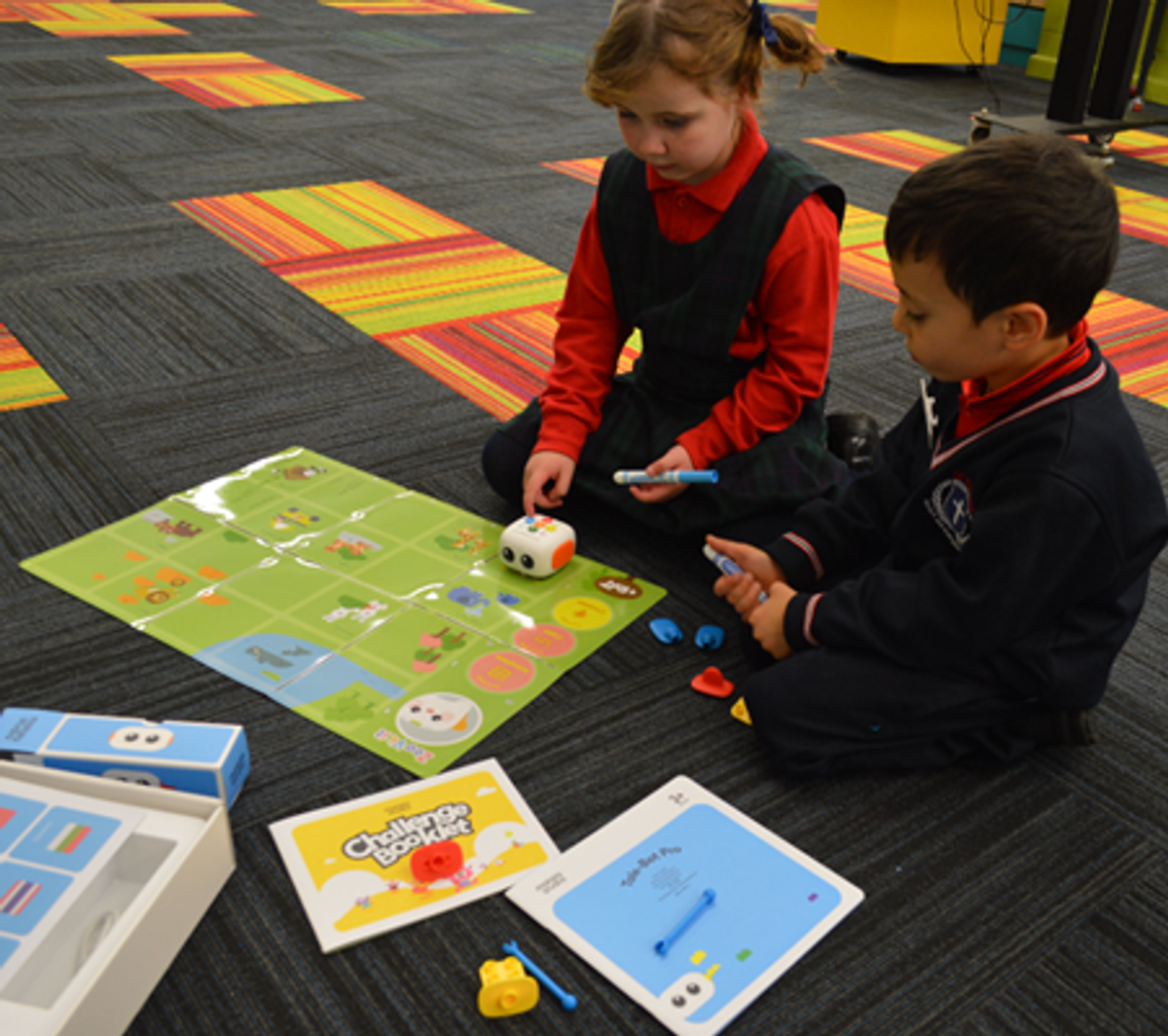Learning & Teaching
Learning and Teaching encompasses the following areas: Student Outcomes, Curriculum, Assessment, Reporting, Principles and Pedagogy.
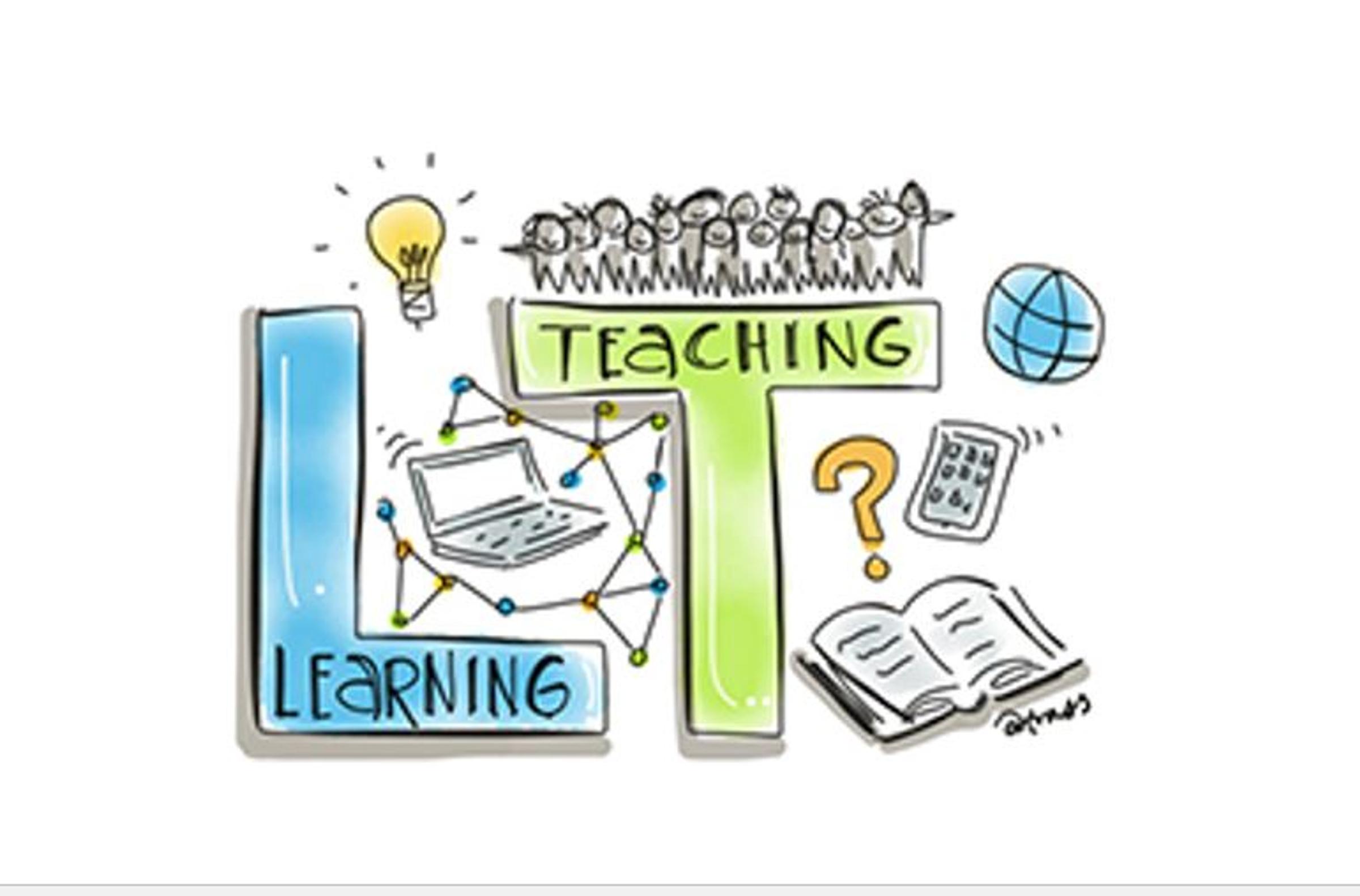
Learning & Teaching
Learning and Teaching encompasses the following areas: Student Outcomes, Curriculum, Assessment, Reporting, Principles and Pedagogy.


The goal of reading - Comprehension
In continuation from last week, the importance of knowing high frequency words for reading success, this week’s focus is on comprehension, the goal of reading.
Comprehension is required when reading all text types. As proficient readers we take it for granted the skills required for comprehension. Developing readers need to be taught to analyse and make meaning of the text by using a range of strategies.
The key comprehension strategies modelled and taught include:
This term, Year 1 and Year 2 students are learning about narrative texts. A narrative text tells a story, either true or fictional. In order for them to ultimately write their own narratives, the students need to be able to comprehend, understand, and identify the important details in a story. They need to identify the elements the author uses to construct the story such as setting (where the story takes place), characters (people or animals in the story), plot (problem and resolution) and theme (the main idea the author wants the reader to take away). The students have been reading a range of narrative texts and practising to retell the stories in their own words using each of the elements named.
I can’t wait to read the narratives students write. And, I look forward to sharing some through the newsletter.
Bernadette Parnis
Literacy Leader
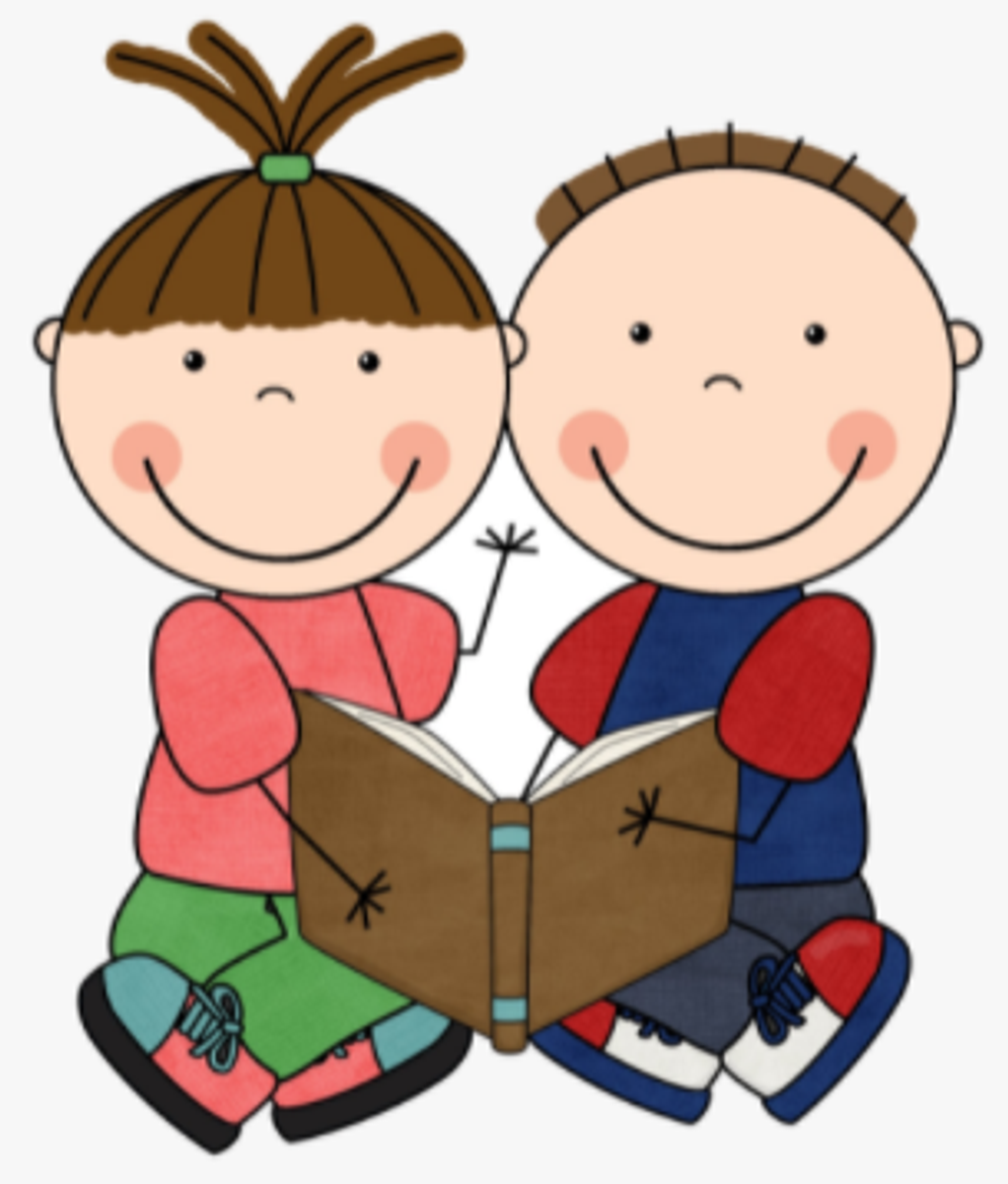

Each Monday afternoon during the school term, you are invited to Storytime. Come and listen to a story, enjoy completing a craft activity and have a play with some friends. Toddlers and pre-schoolers welcome. Please enter via the Saunders Street gate. Parents/carers are required to stay for the Storytime session. For further details please contact me via my email lwenckowski@sfmoreland.catholic.edu.au
RSVP: Please email me if you are attending so I can prepare resources etc.
Leanne Wenckowski
Family Engagement Leader
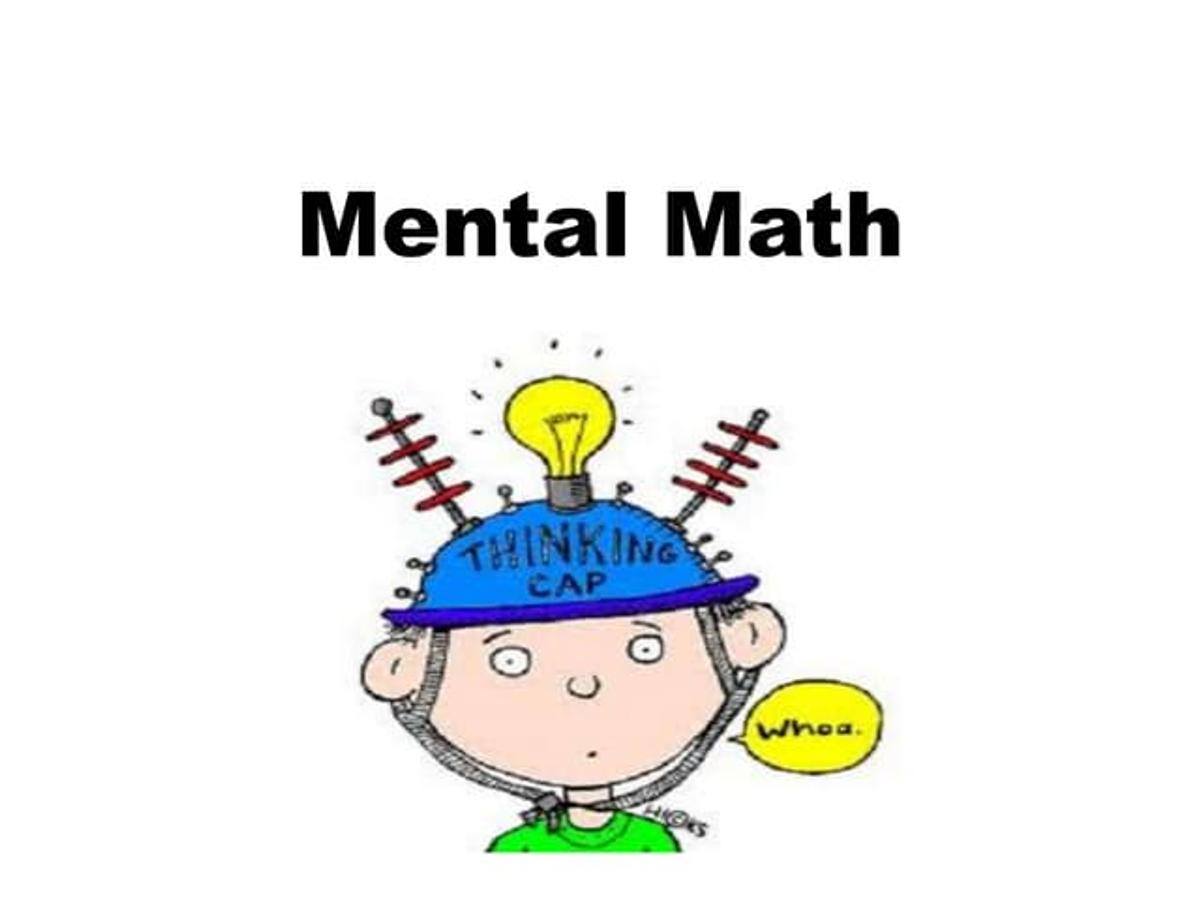

Growing up, I thought doing Mental Math meant doing the algorithm in my head. Times have changed and now many teachers have kids solve maths in different ways. When we say we want them to do it in their head, we mean we want them to use their head to think through solving it. Recording may come into it, but rather than following steps to solve a problem, we want them to think about it, use their number sense and knowledge of numbers to flexibly solve the problems.
Doing mental arithmetic does not mean doing it all in your head, it implies you are using your head to reason. It is thinking through a problem, writing down, drawing out what is happening in their mind. It is important students show the representation of their thinking what they did to solve the problem.
We need students to use their head to think through the problem and solve it their way and represent their thinking. Seeing the relationship between numbers allows students to manipulate and use numbers in ways that make solving maths problems easier and often faster than the algorithm. It allows them to use their head, not just do the algorithm mentally but to do mental maths.
So ask your child how they may solve a problem, discuss their strategy and yours if different. Can they record their thinking, represent it on paper?
Great numbers to get students thinking are ones like these
3+9= (F and year 1) - would they start counting on from 3 or 9? Why? Which one would make it easier? Why?
5+39 = (Year 2) - would they use compensation and make 39 into a 40?
25 + 49 = (Year 3) - would they add the tens and then ones (split)? Or compensate and make 49 a 50?
298+ 58= (Year 4) - would they compensate? Or add tens and ones- split?
98,000 + 98,000 + 98,000 = (Year 5) - would they compensate? Or add tens and ones- split?
2.6+ 0.53 = (Year 6) - would they add the tenths and then hundredths, build to one tenth?
Good luck, hope this helps
Colleen Monaghan
SSV Coburg District Cross Country Championships 2024
St Fidelis Primary School will be entering a cross country team consisting of selected students from Years 3-6 students for the forthcoming SSV Coburg District Cross Country Championships. Trials have been conducted at school to select this team and students who have qualified will be notified this week.
The Annual SSV Coburg District Cross Country Championships is to be held at Jackson Reserve, Coburg (Coburg Athletics Track) on Wednesday 15 May 2024, commencing at 9.45a.m. and concluding by 12.15pm (Back-up day: Wednesday 22 May 2024). Events will be conducted for boys and girls in the 10, 11 and 12/13 year age groups. The 10 year old boys and girls run 2km. The 11 and 12/13 year old boys and girls run 3km.
SSV Interschool Sport Competition
During Term 2, the St Fidelis Year 5/6 Interschool Sport Teams will compete in football, soccer & netball matches in the SSV Coburg District competition. Primarily this is a Year 6 competition and Year 5 students are included where required. SSV Coburg District Interschool Sport games are played on Fridays during Term 2.
The season commenced on Friday 3 May against Merri-Bek PS. Congratulations to all participants on a successful start to the season. For many of our students playing these sports for the first time, they did remarkably well.
AFL
St Fidelis 112 defeated Merri-bek 0
Boys/Mixed Soccer
St Fidelis 1 was defeated by Merri-bek 7
Girls Soccer
St Fidelis 0 was defeated by Merri-bek 1
Boys/Mixed Netball
St Fidelis 3 was defeated by Merri-bek 4
Girls Netball
St Fidelis 10 defeated Merri-bek 9
This week’s games are to be played at Home against Newlands PS. Footy and soccer will be played at Shore Reserve and netball at the Benny Courts. All the best to our teams.
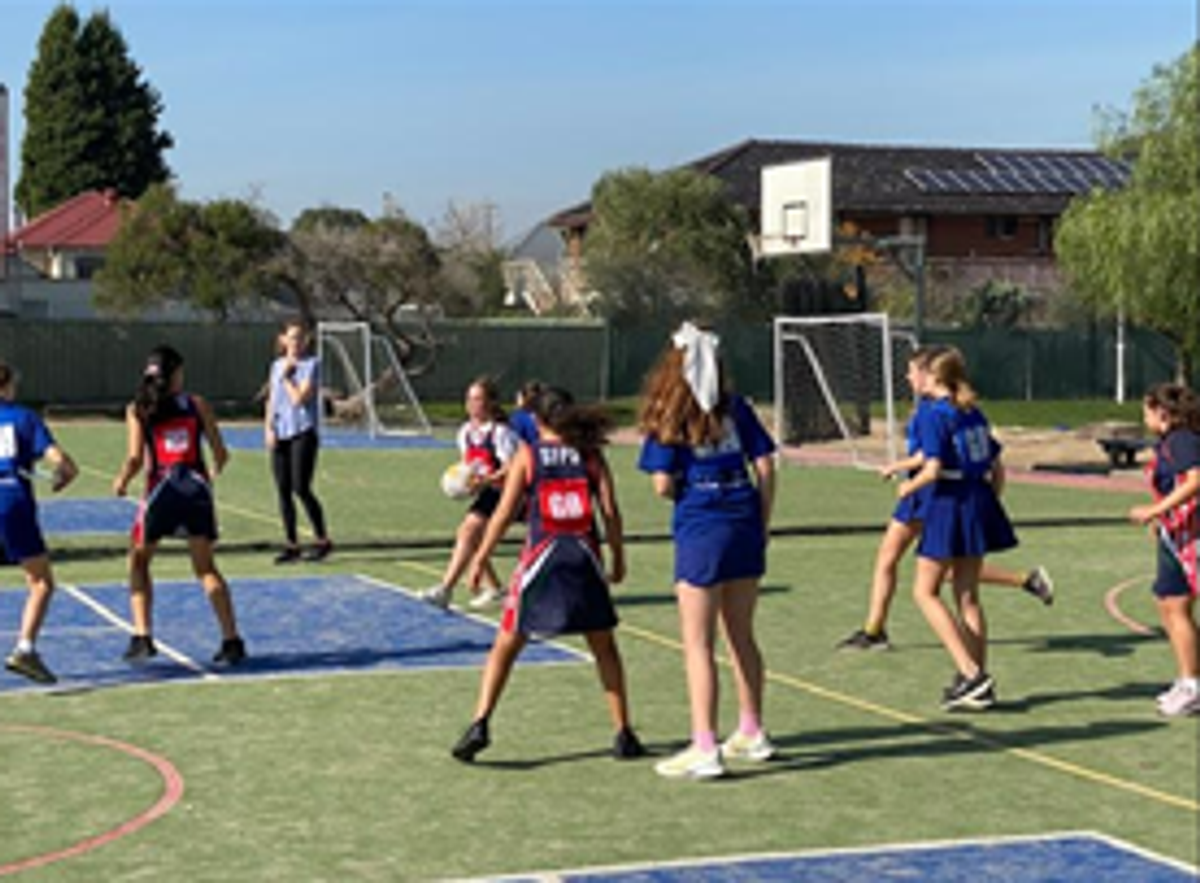
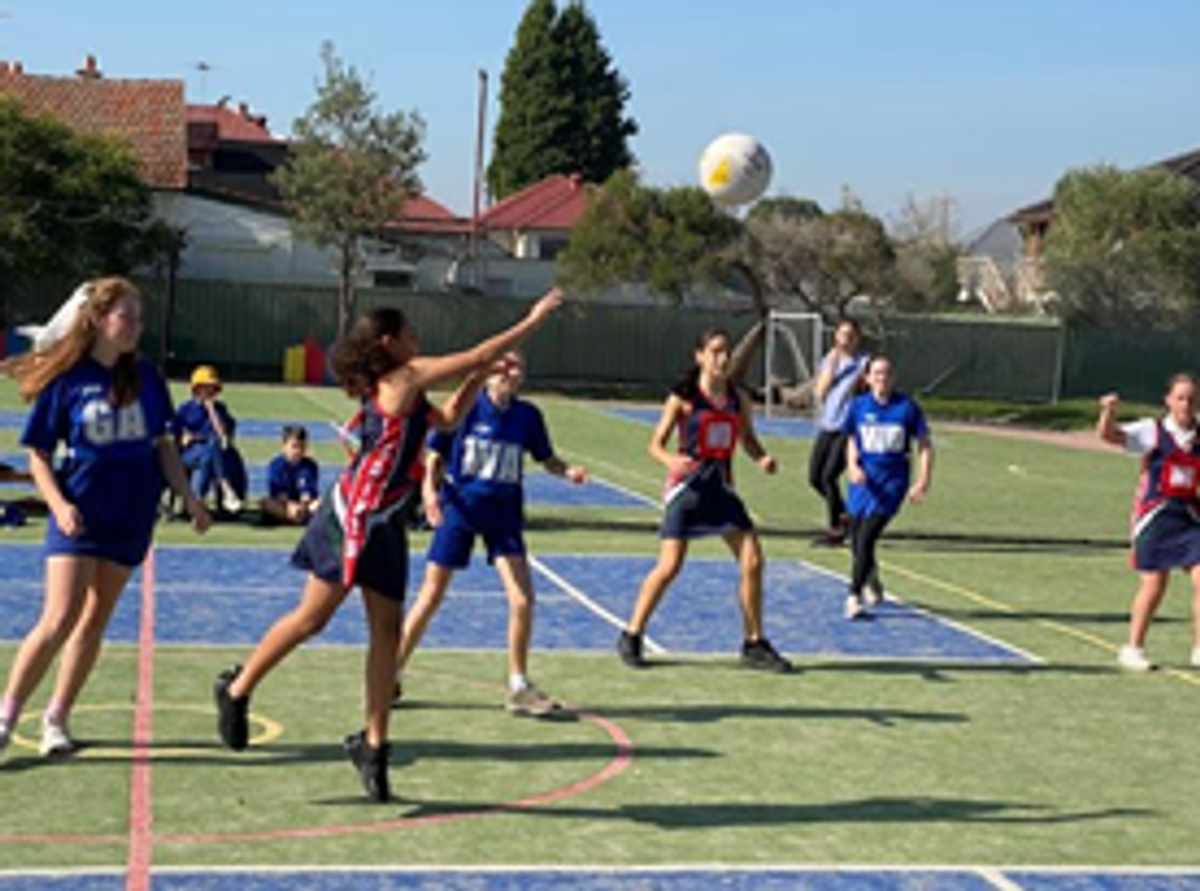
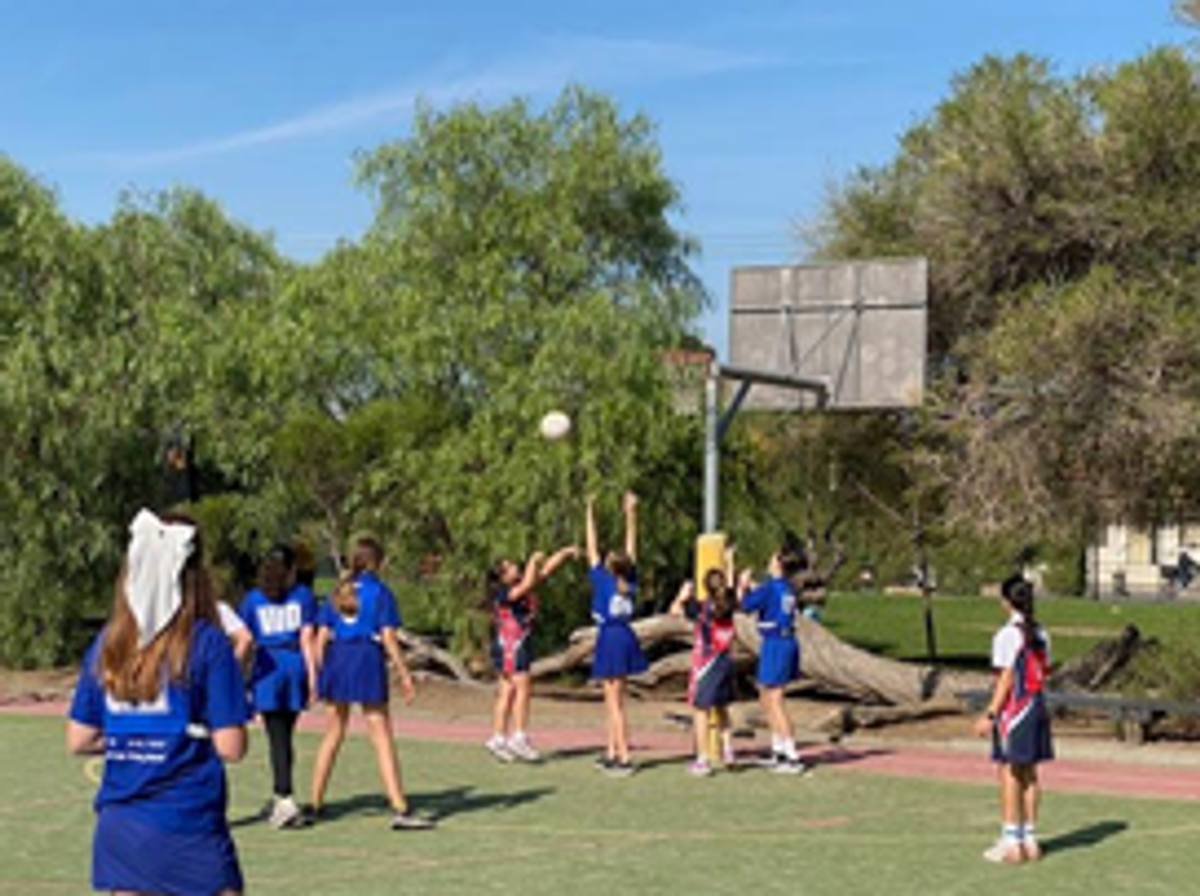
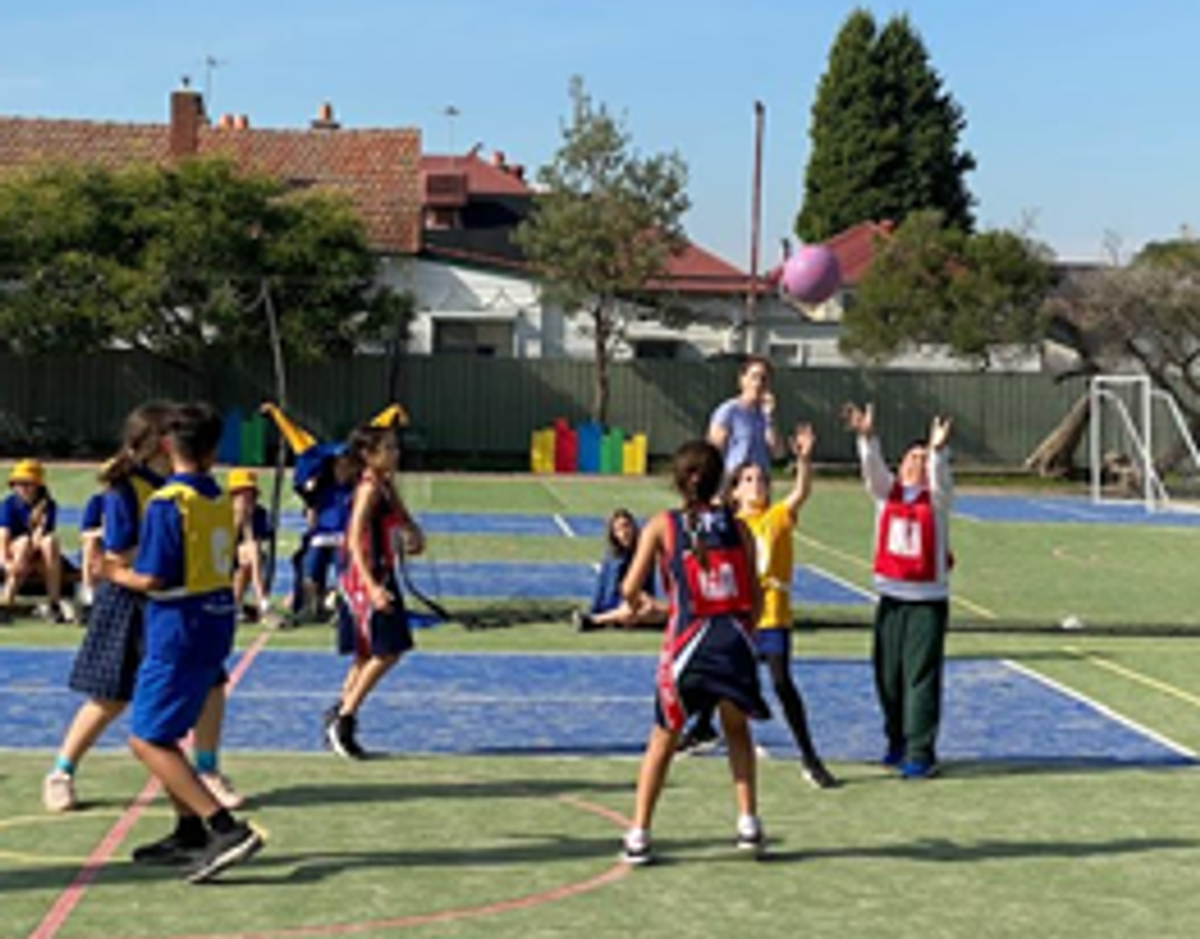




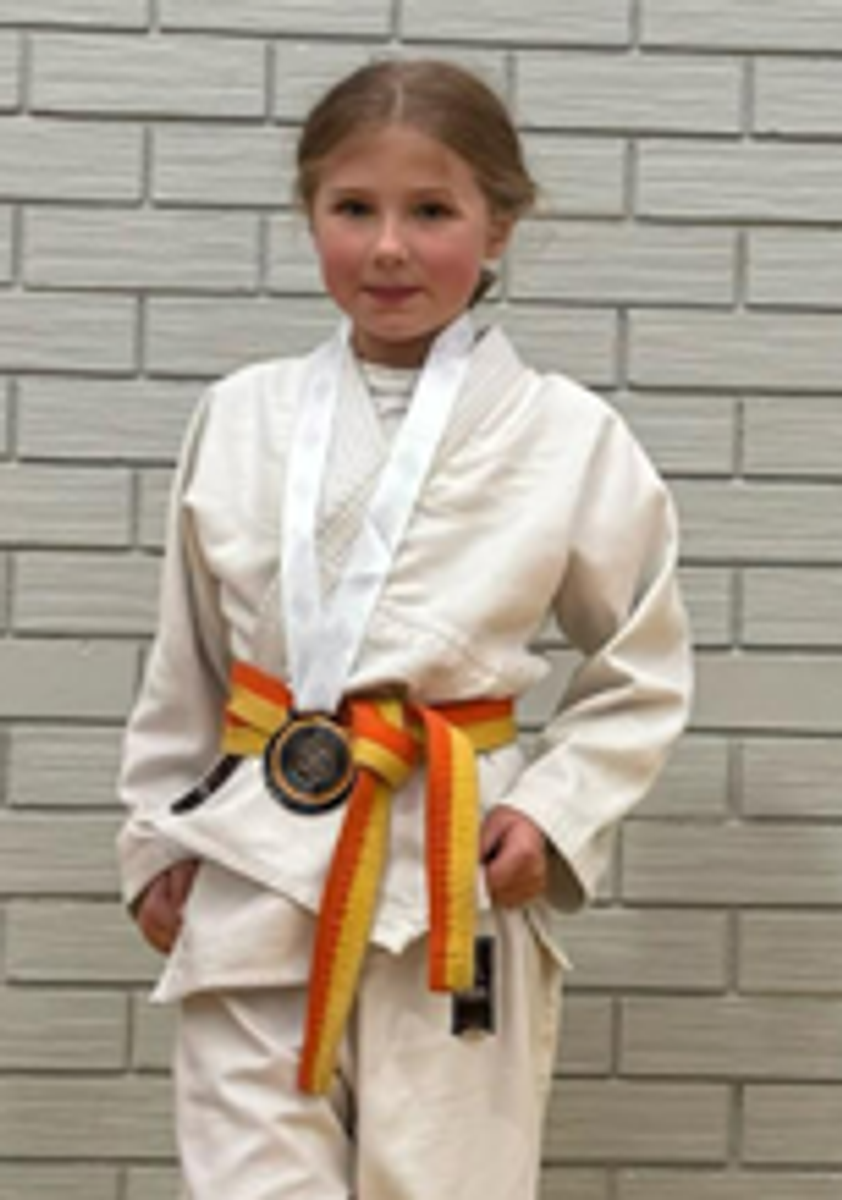

Congratulations
Congratulations to Riley who participated in her very first judo competition and came home with a silver medal! A wonderful achievement!
The Foundation and Year 1/2 students have been amazing collaborators in STEM in the last couple of weeks. They were reintroduced to the STEM, acronym S- Science, T- Technology, E- Engineering, M- Mathematics and the meaning of the term coding.
The students worked collaboratively and explored the LEGO Education Coding Express. It is a creative coding kit for early learning that introduces the students to early coding concepts that naturally sparks the curiosity, creativity and desire to explore and learn together as they prepare for school.
LEGO Education Coding Express makes it intuitive and fun for early learning students to learn early coding concepts and 21st century skills through playful, hands-on learning with LEGO DUPLO bricks.
Foundation students were introduced to the LEGO Education Coding Express and they couldn’t wait to get started. I was amazed to observe the students exploring the kit, being collaboratively, constructing and coding the train to do a specific task.
Foundation parents, you are welcome to assist me with the students when participating in our STEM sessions (ensure you have a Working With Children Check and have done the Parent program with Ms Perrotta). Here are some photos of our Foundation students being curious and creative.
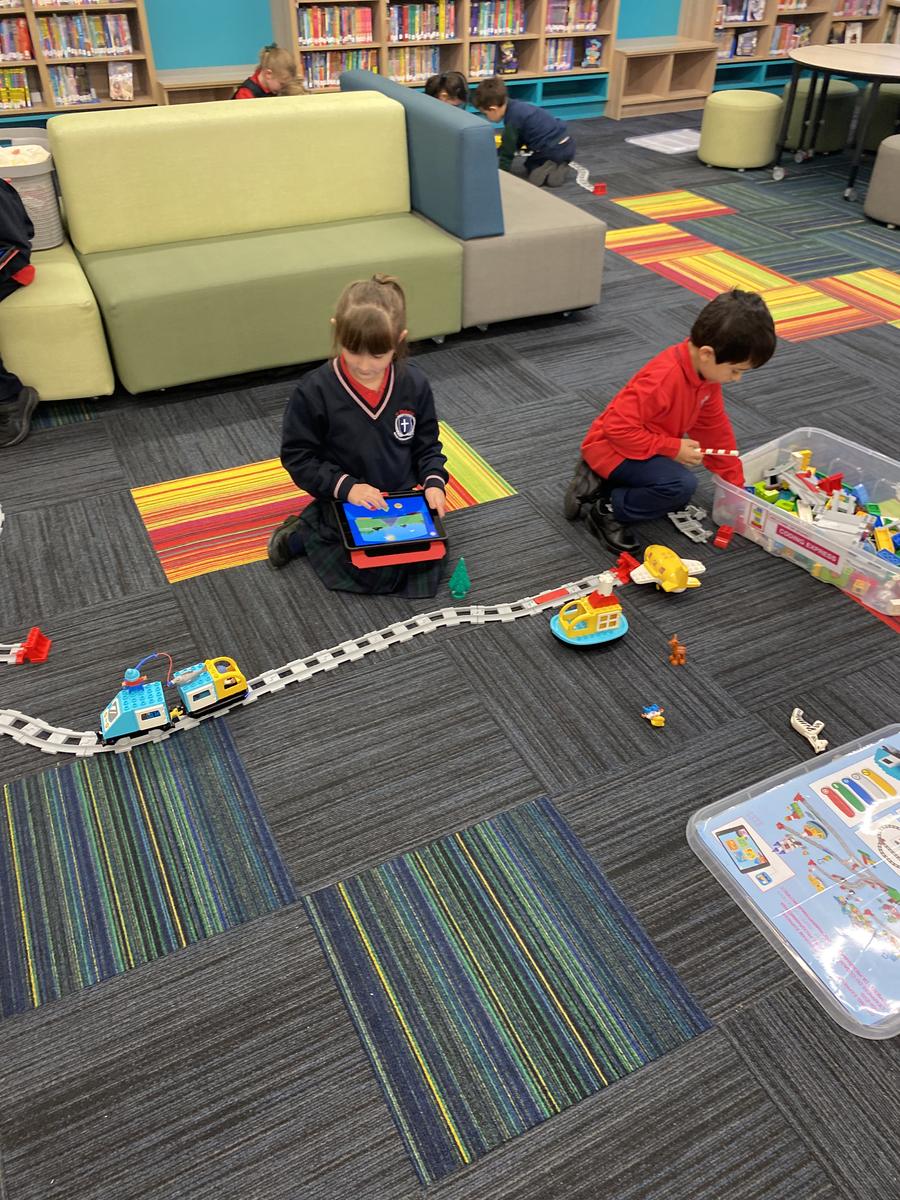
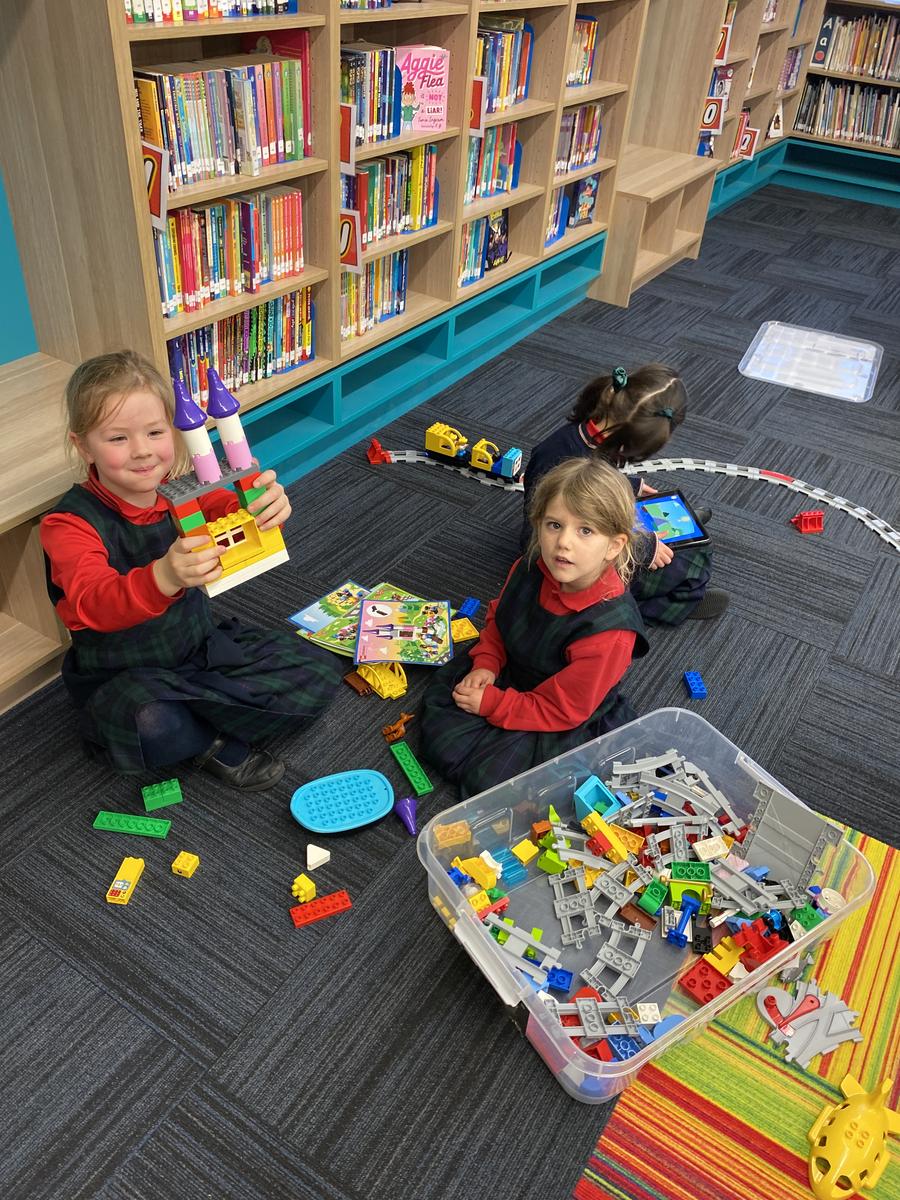
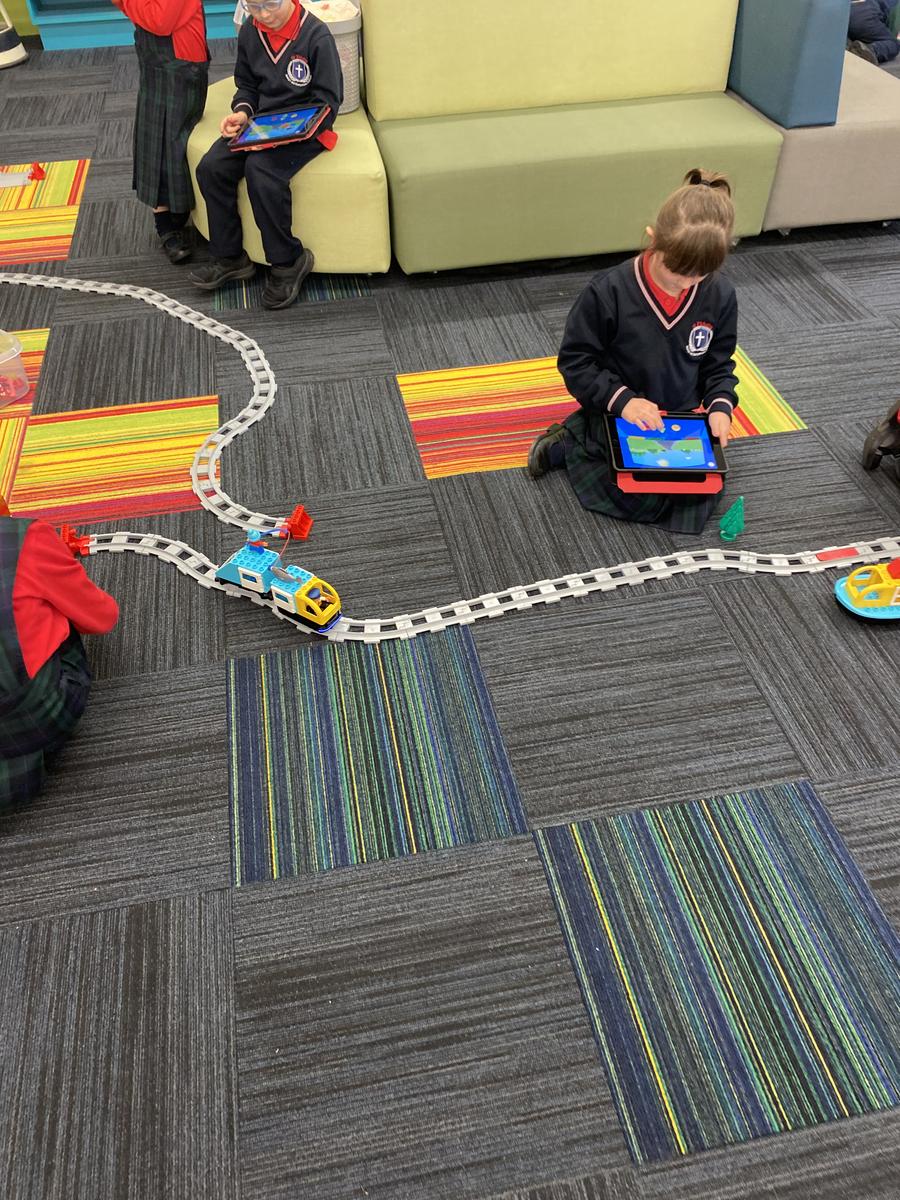
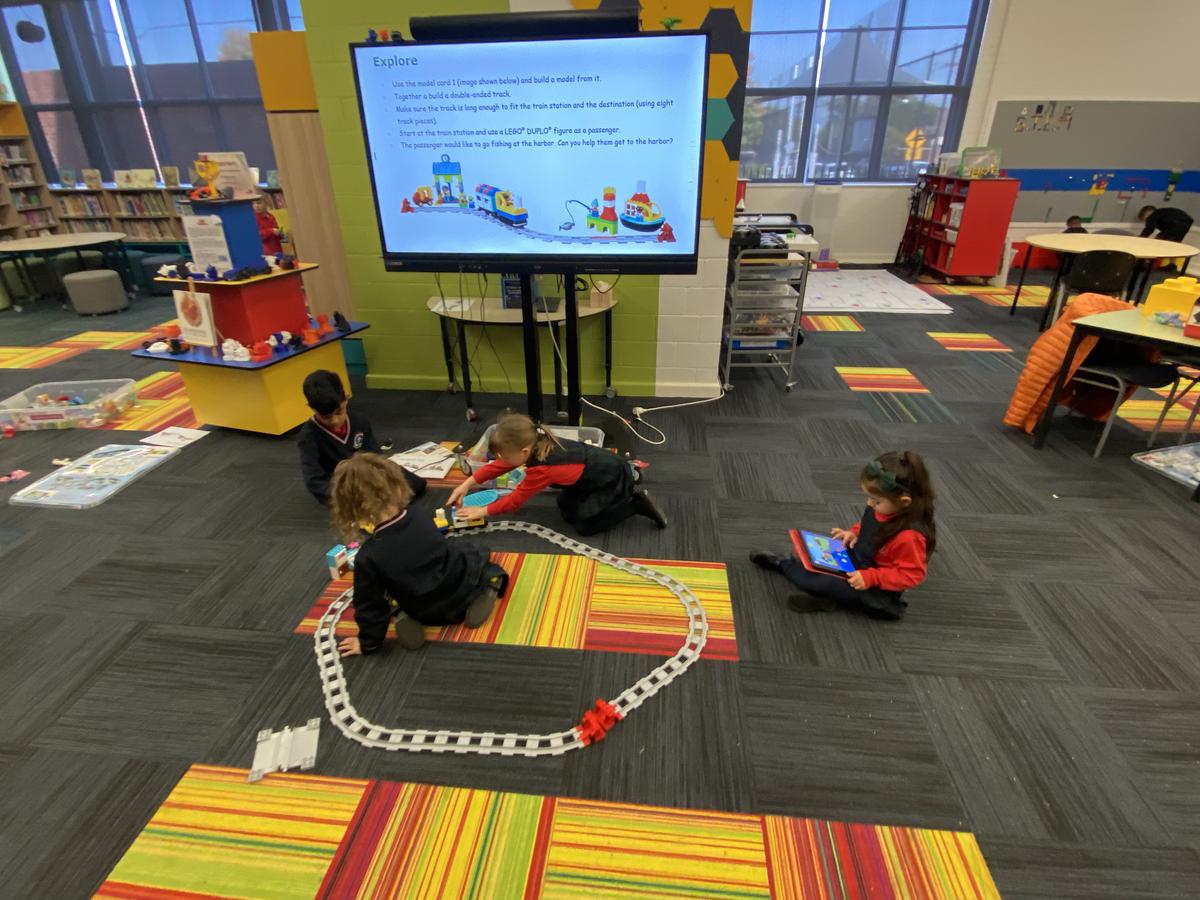
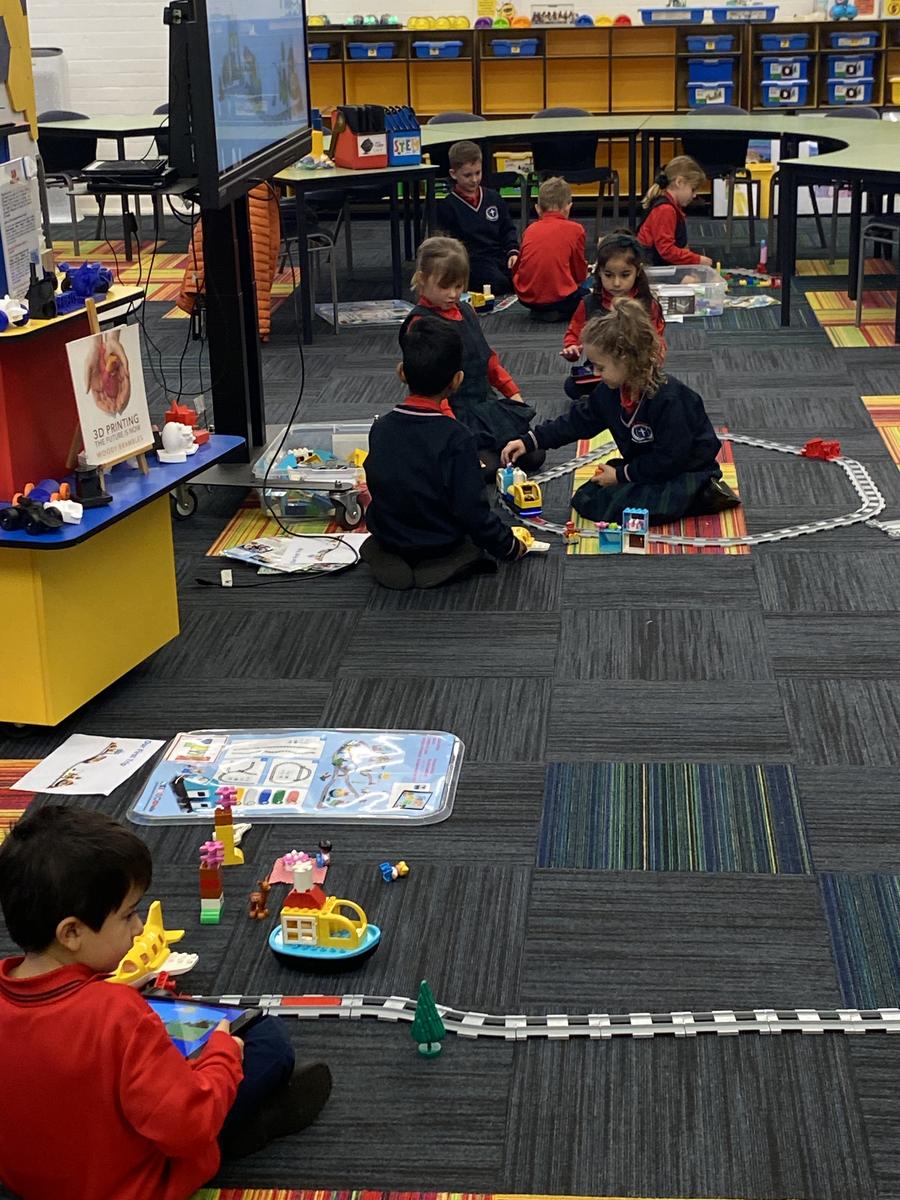
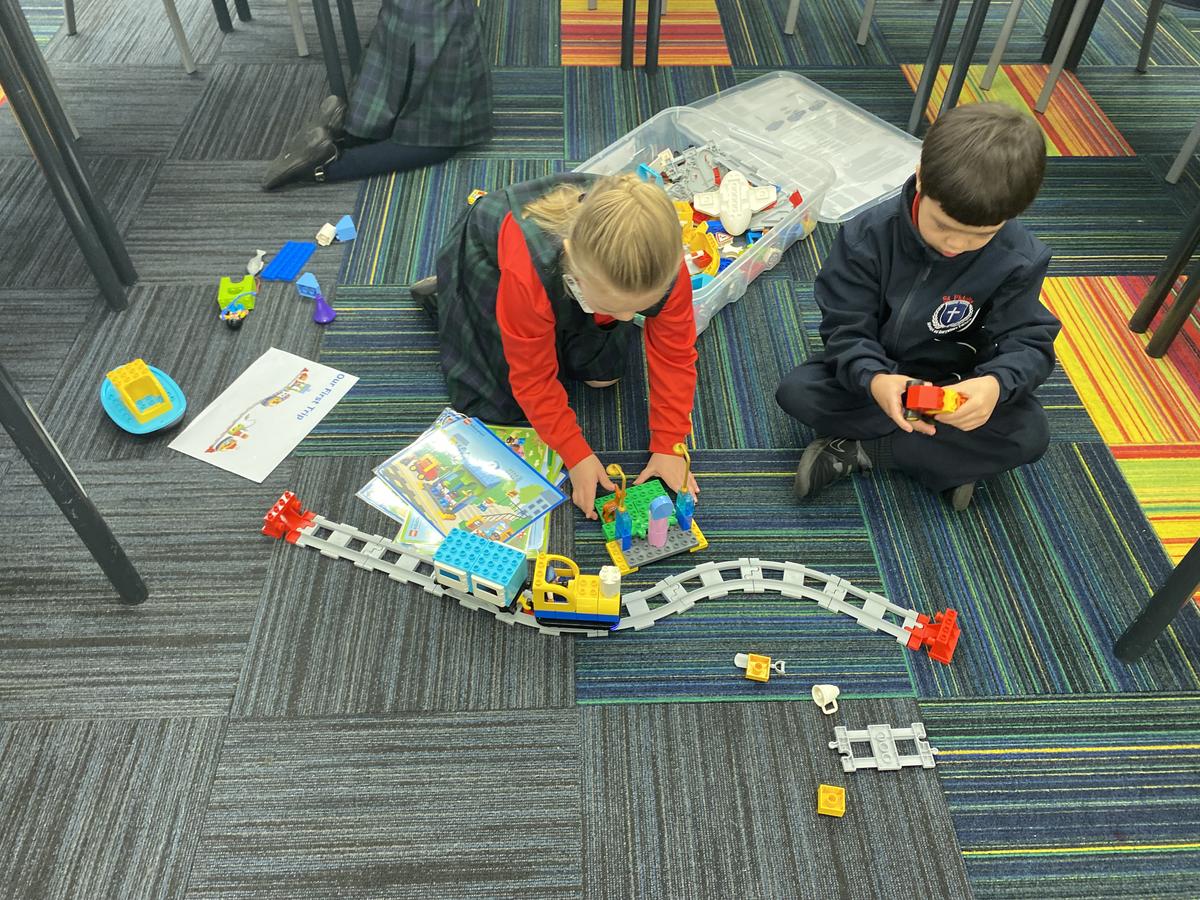
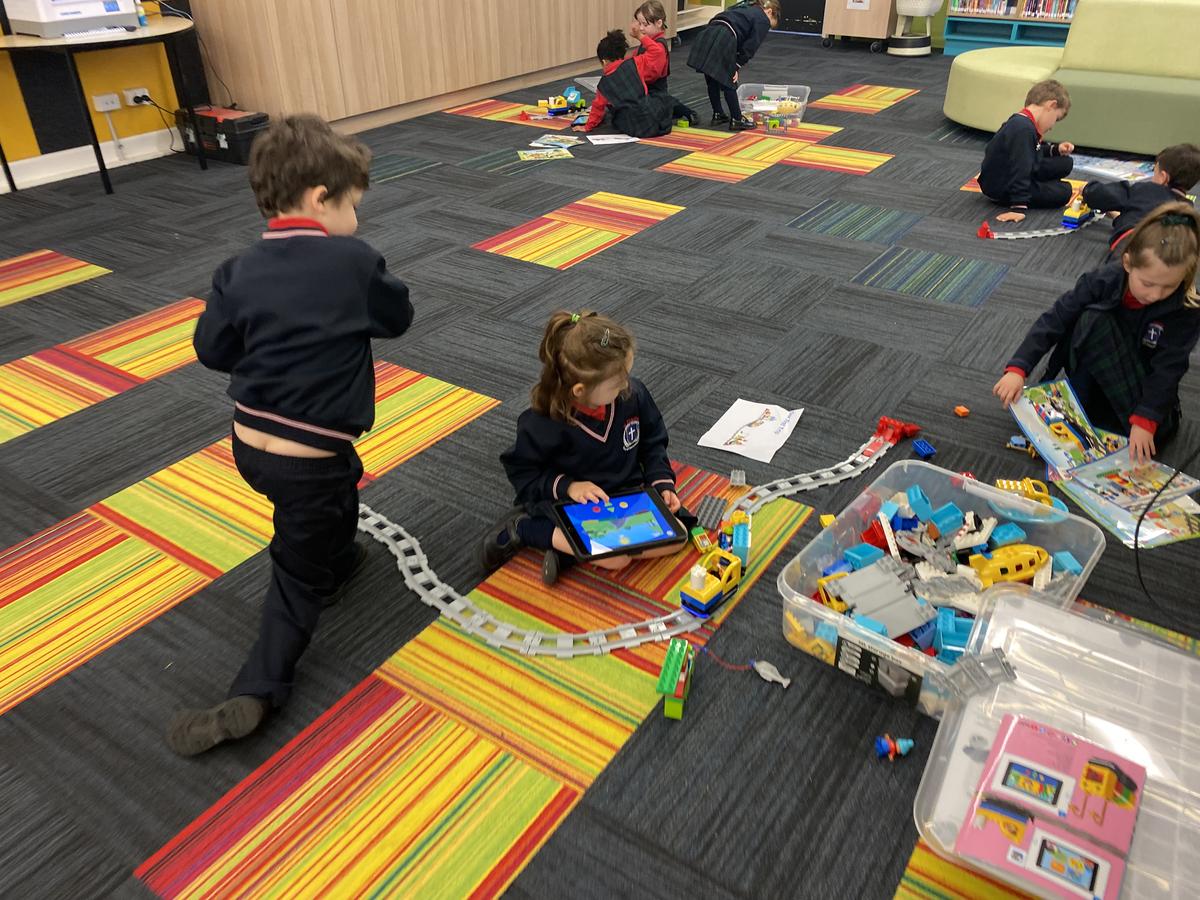
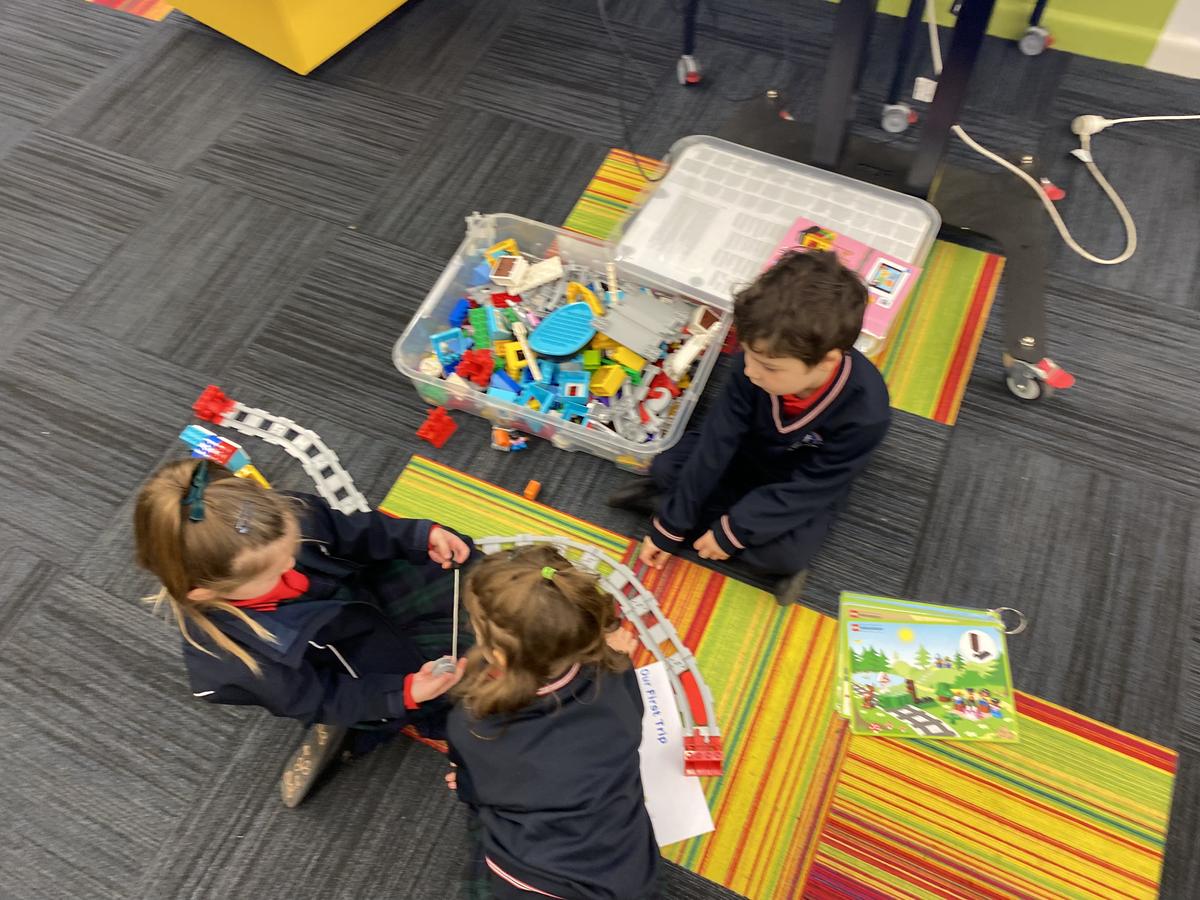
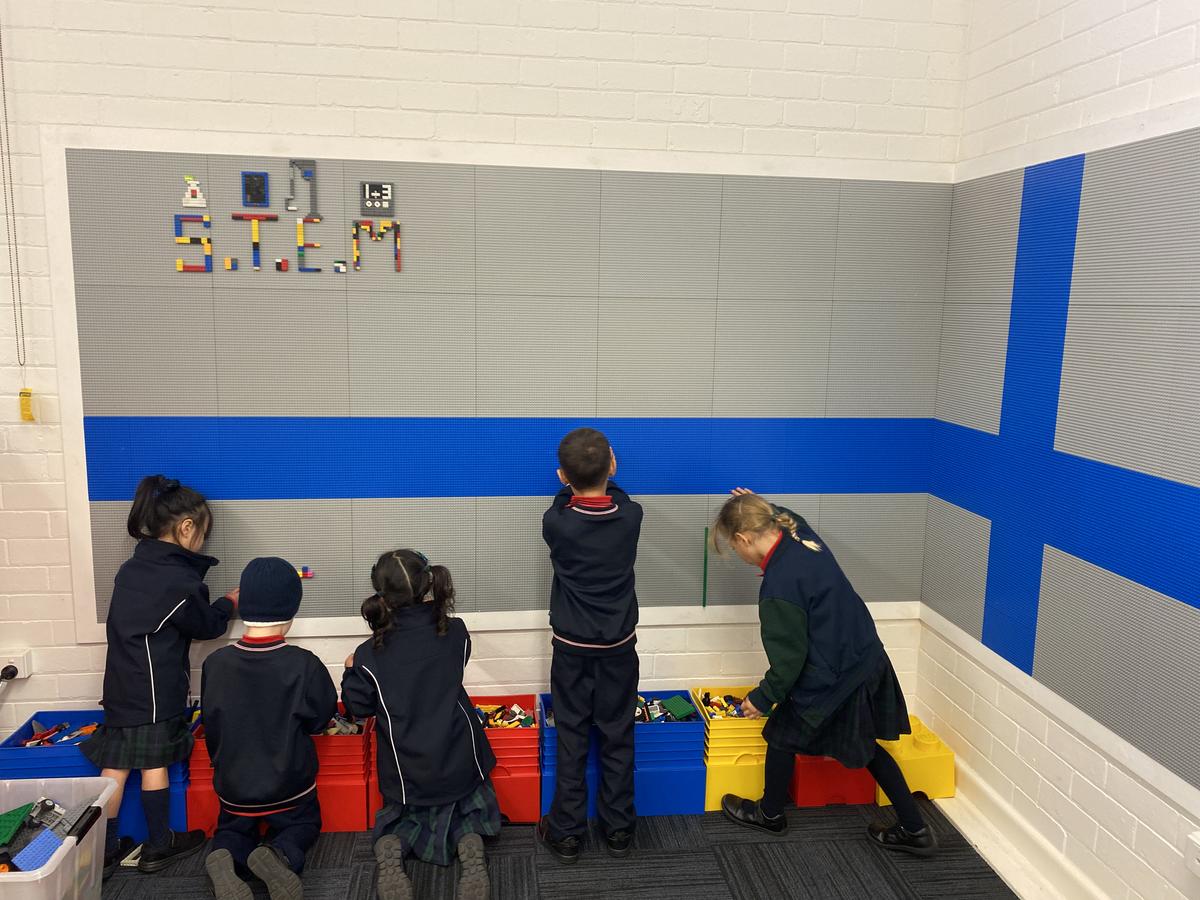









The Year 1/2 students were introduced to the LEGO Education Coding Express kit where they worked collaboratively to find out what is loop and a network? The students built a network of connecting train track loops. It was great to see and listen to the student's discussion and solve how to connect the train track loops with each other to construct a network and code their trains to travel around each other’s loops. Here are some photos of our students being curious and creative.
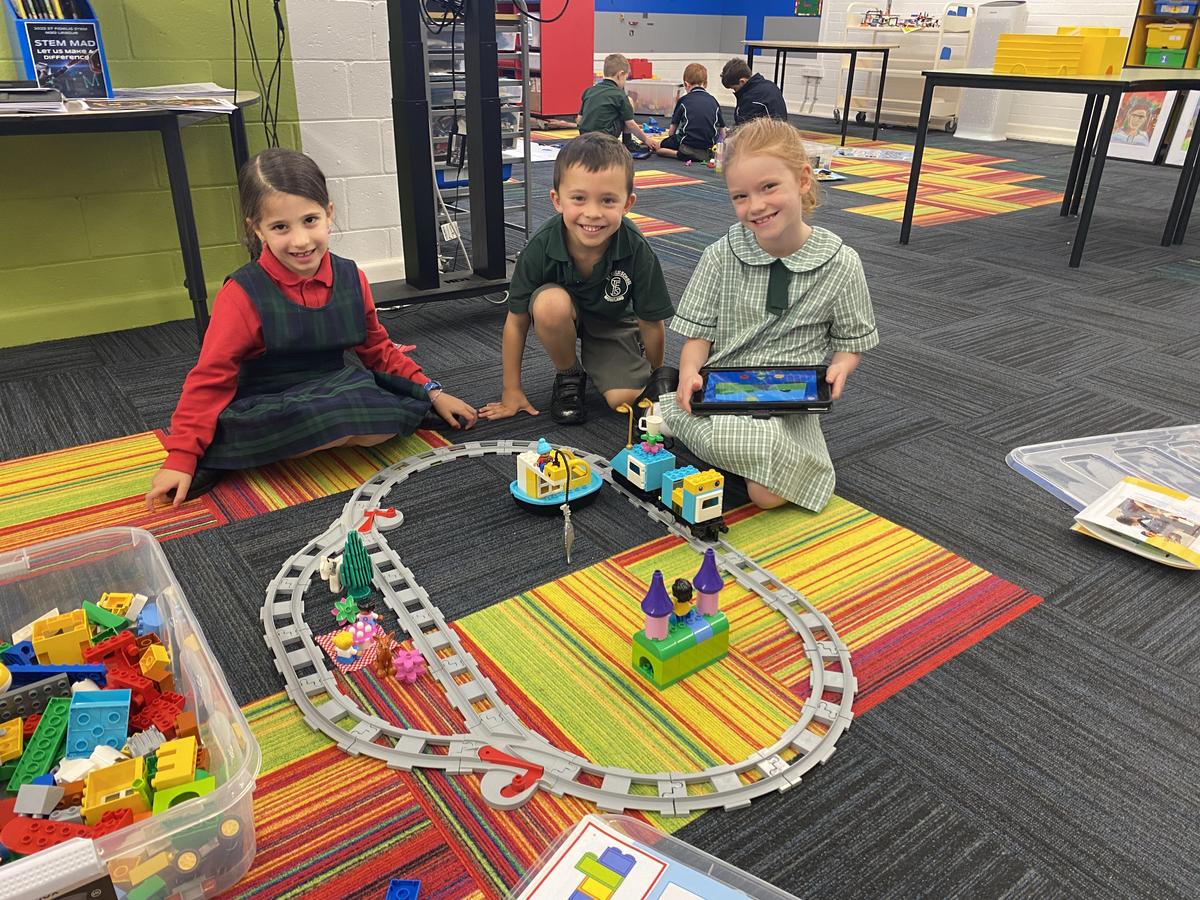
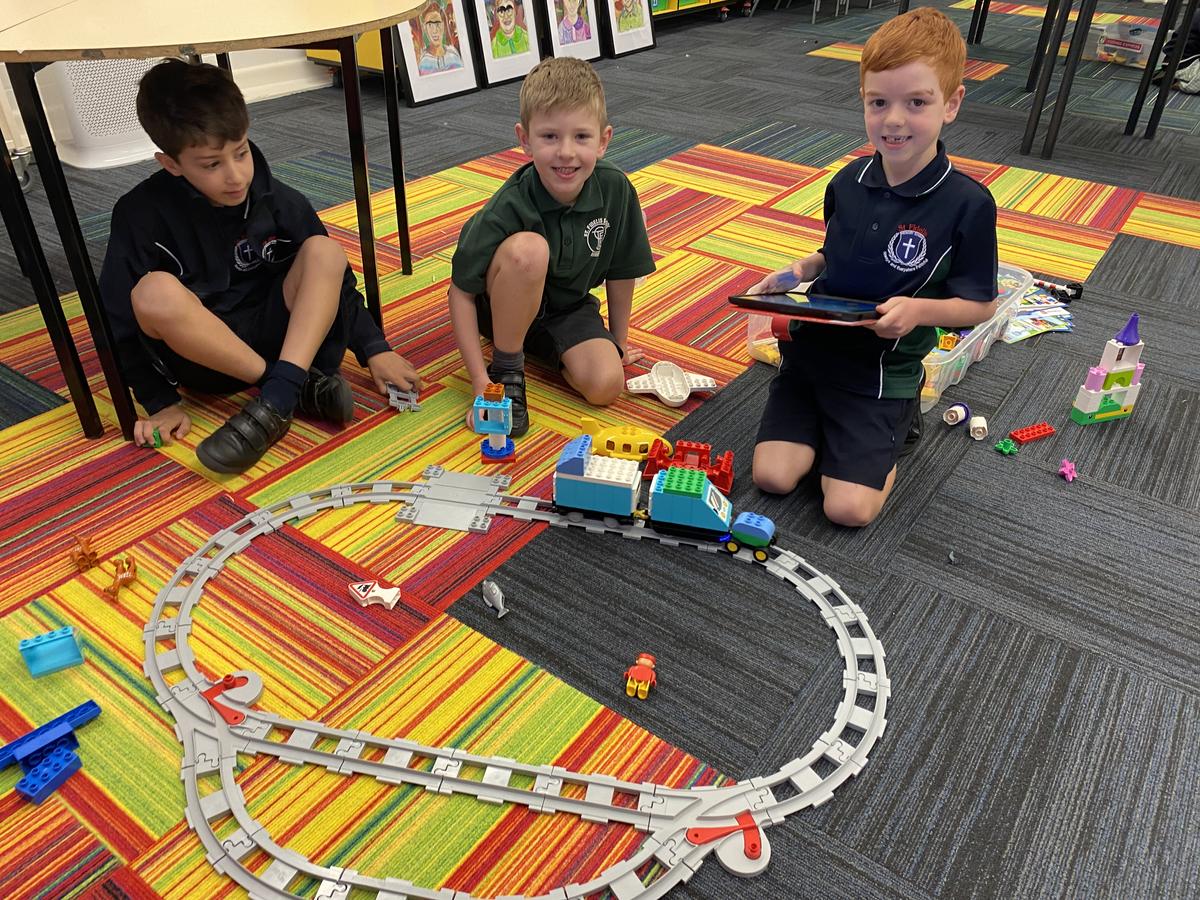
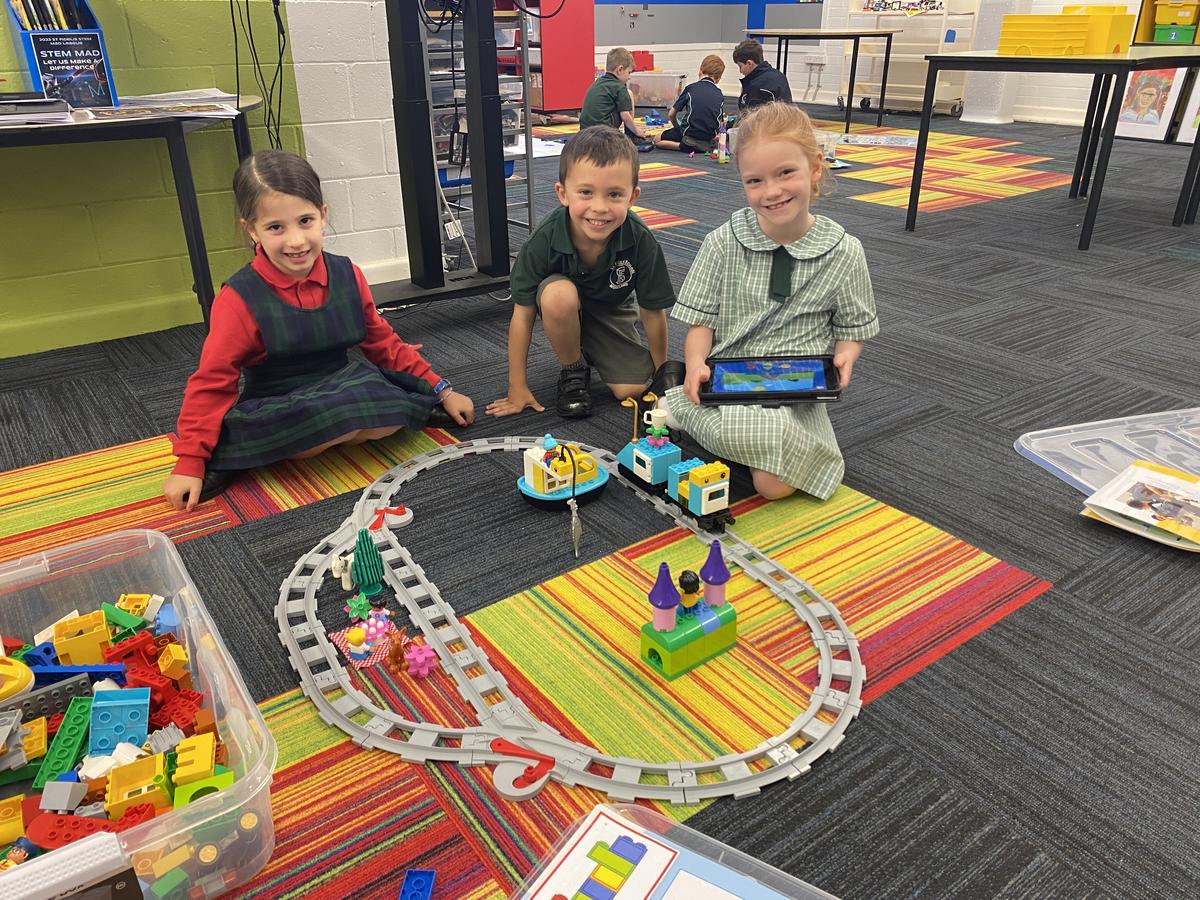
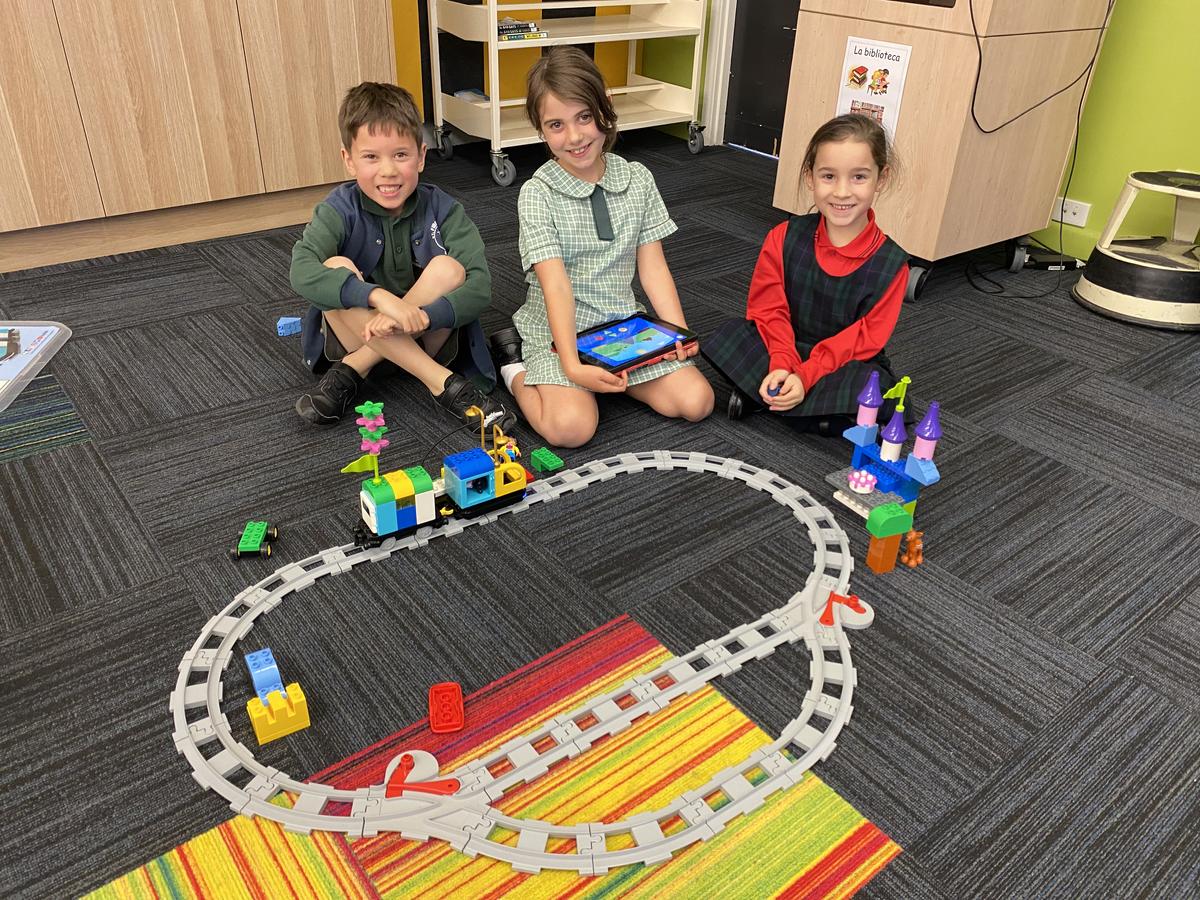
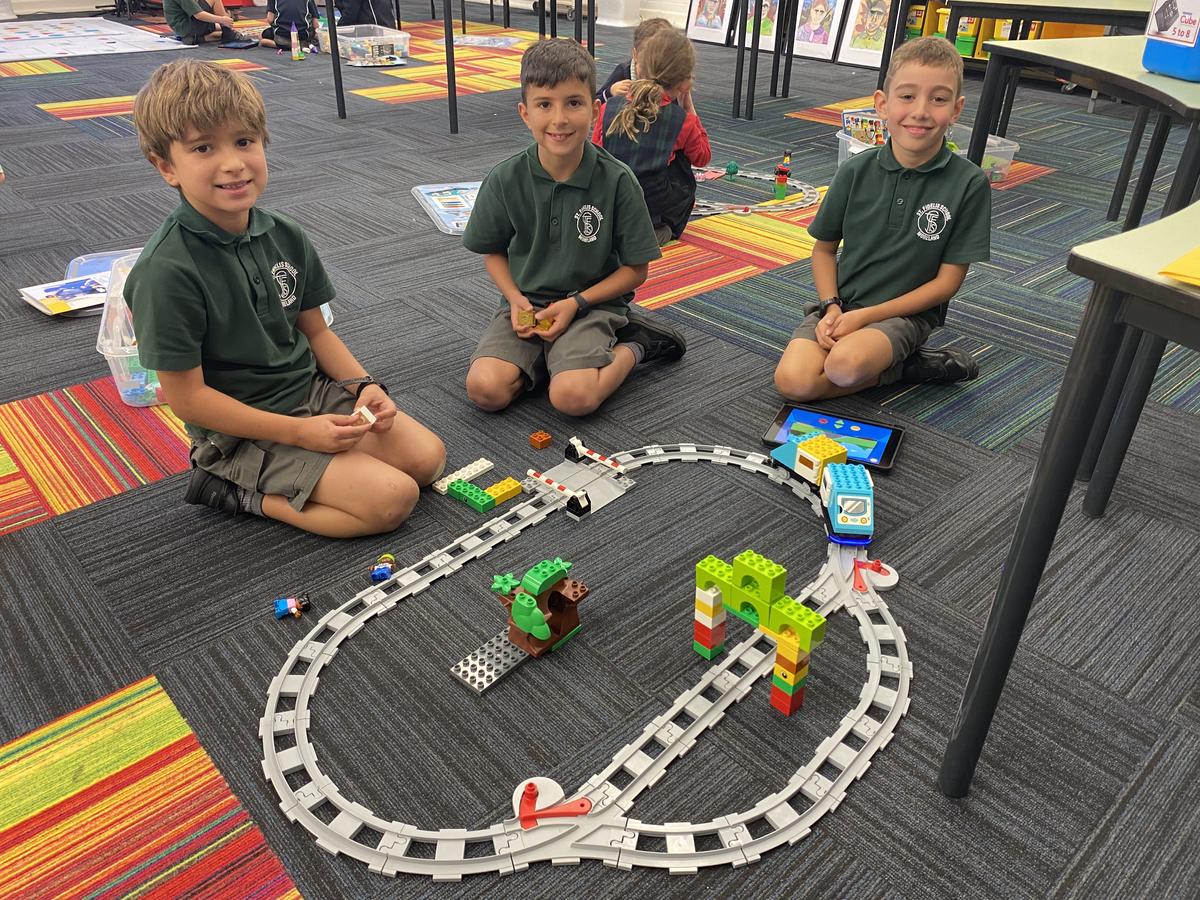
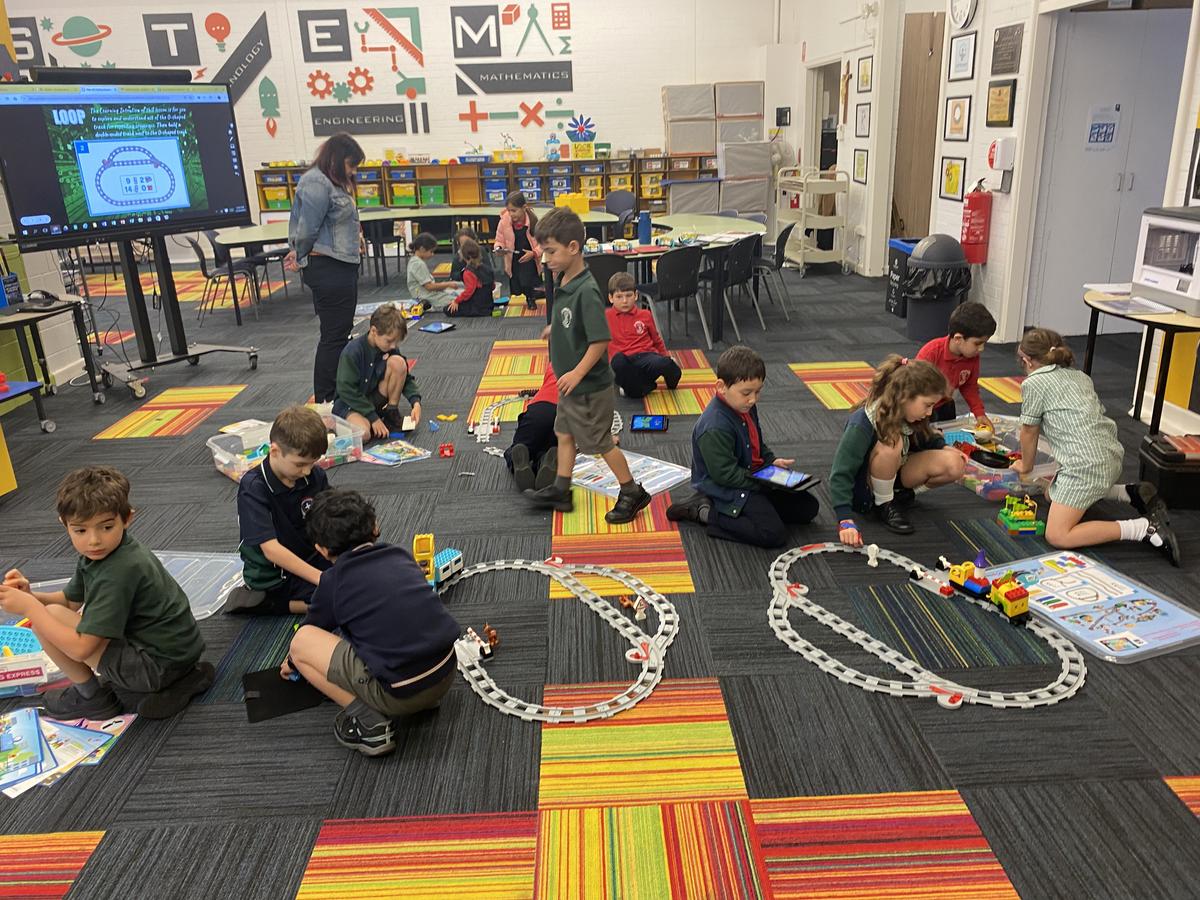
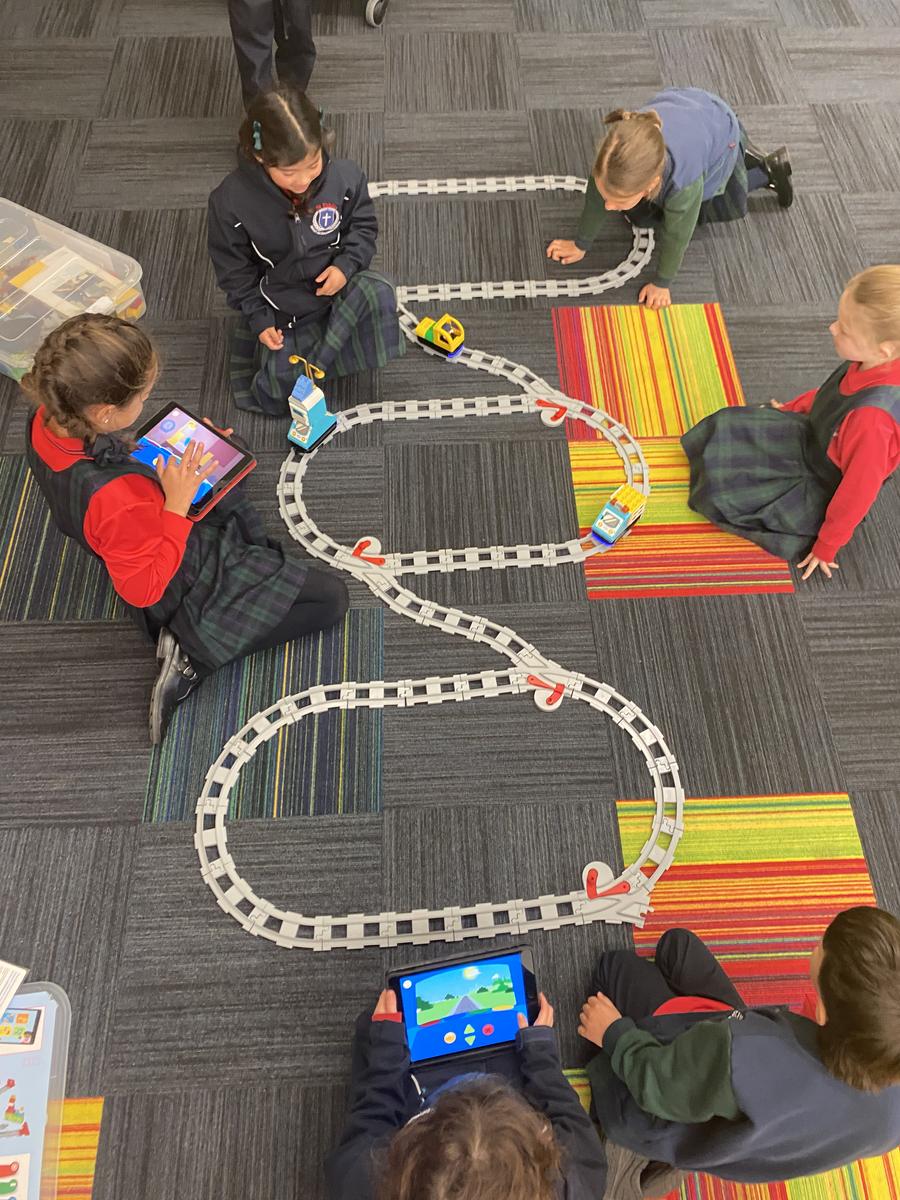
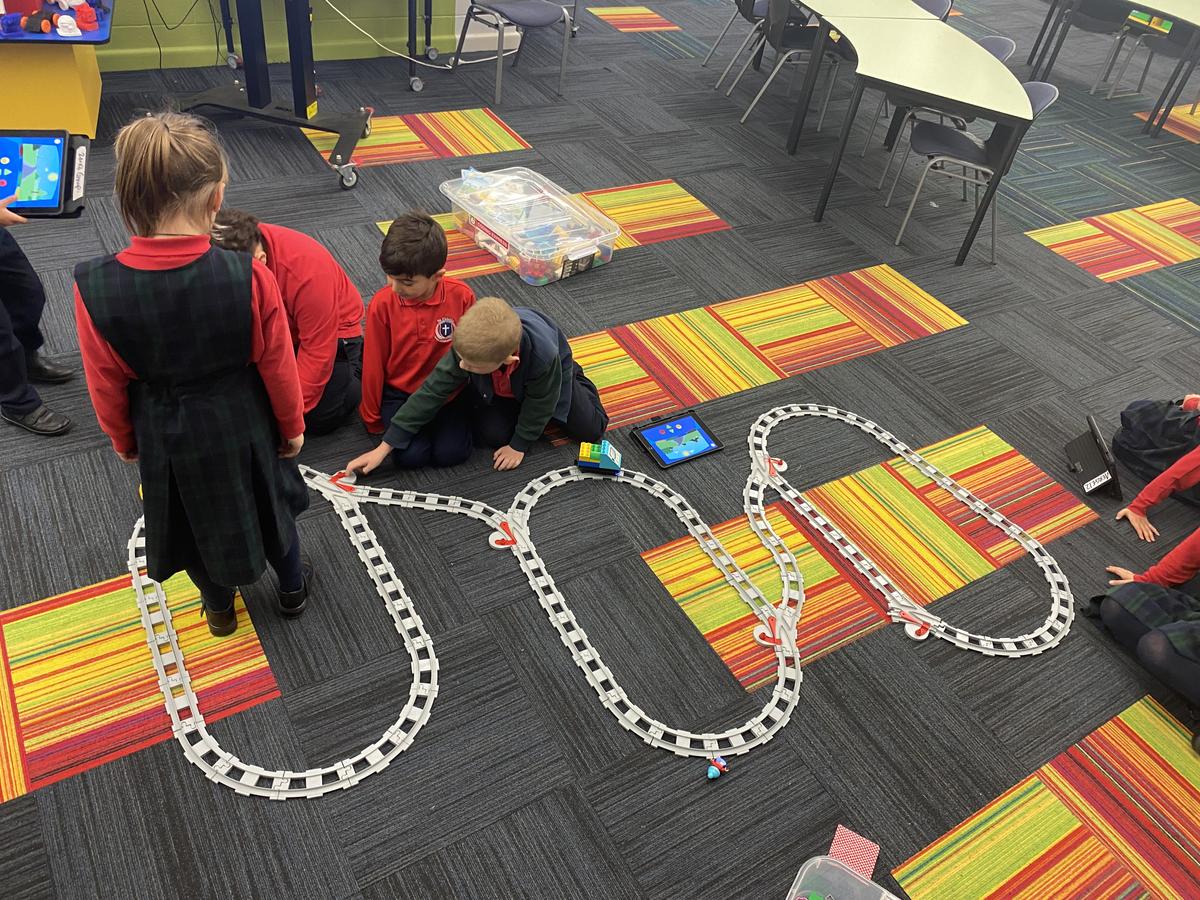
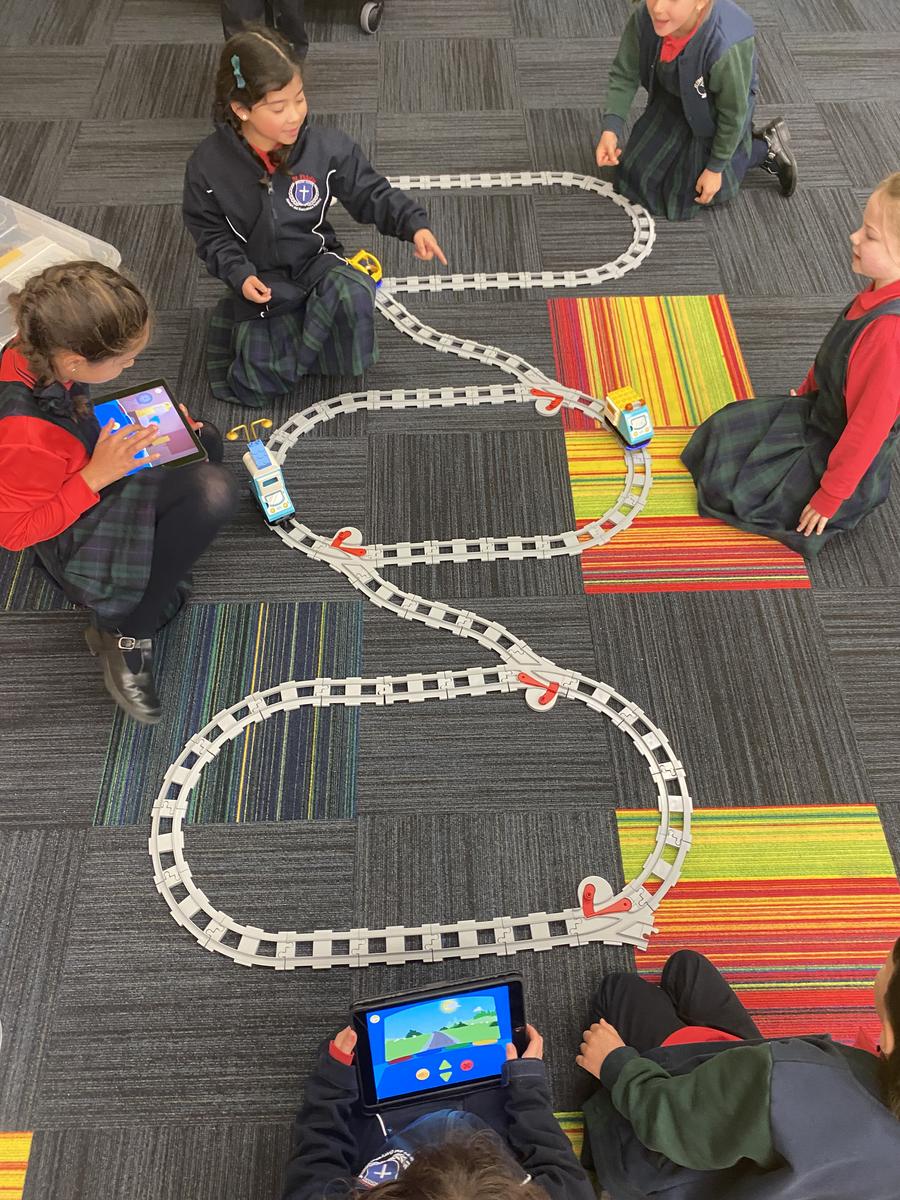









Congratulations again to the students who won LEGO League last year. Thanks to them, we were given a grant that the school used to purchase "Tale-Bot Pro" for our younger students. This has smart interactive tech and has the ability to record for imaginative storytelling, teaches commands, sequences and loops, tracks coding process.
